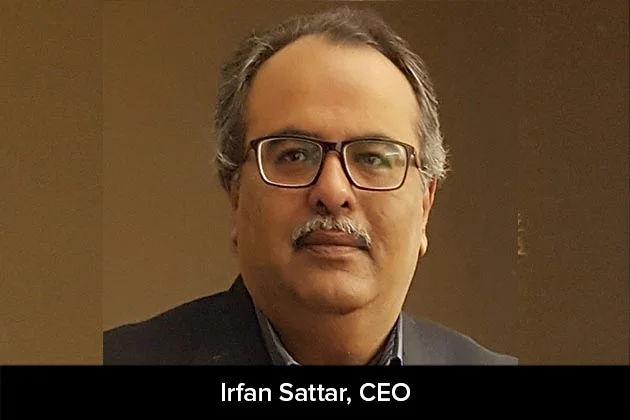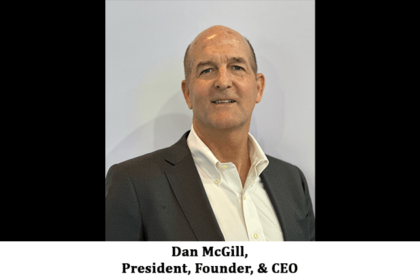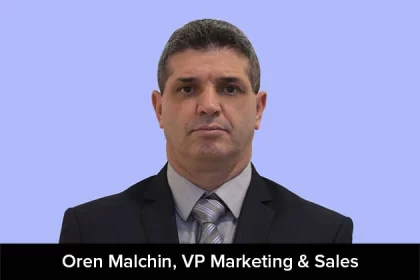In the past, good health was defined as the absence of disease or infirmity. Health is focused more on physical body and how well-functioning it is or is not. Health involves the way we eat (your nutrition), how we move our body (exercise), and the absence of acute or chronic diseases. And the definition of wellness is an active concept that describes living a healthy lifestyle and achieving your full potential. During the last couple of few years, people throughout the world have become more self-aware of the importance of health and wellness. While general diet and exercise help individuals get those vital components of life, it is not enough. Some food items may lack their nutritional value, or an individual might not be able to consume food that has all the vital components. This is where food supplements come into the picture. They are the concentrated form of these vital components present in tiny tablets, capsules, powder, or liquid. They provide individuals with all the vital nutrients required for better health.
Greeniche Natural Health is a leading provider of natural health and wellness products around the world. We had Irfan Sattar, CEO of Greeniche Natural Health, speak to us about their entrepreneurial journey and shed light on current trends in the industry.
Building Greeniche
When asked about their journey so far as a natural supplement provider, Irfan reckons it as a fascinating journey marked with successes and disappointments just like any other startup. From a humble beginning, a few years back to emerging as a force has been an uphill task.
The cornerstone of the building the company has been the people. Greeniche Natural Health Inc., unlike most companies, made them the top priority from day one. They have a team of highly skilled and passionate professionals who can prove their competence even under trying circumstances. Living by their core values of integrity, passion, creativity, productivity, and compassion is the way of life at Greeniche. And this doesn’t allow them to go astray even under a very difficult situation like the pandemic. Being a Canadian brand and manufacturing all products right here ensures that they offer the highest quality and value to the consumers, which is another very important ingredient in their recipe for success.
Making a name for themselves
Within a short span of time, Greeniche was able to capture a sizeable market and make a name for itself. To have all this achieved in a short period, the key component of the strategy was focusing on multiculturalism and inclusiveness. Greeniche offers products that fulfill the dietary requirements of all regardless of their religious, cultural, or other preferences. Their products are Halal, Kosher, and Vegan certified and, at the same time, in line with modern-day product attributes like Gluten-Free, Soy-Free, Sugar-Free, Dairy-Free, and non-GMO.
Other qualities that were crucial in their journey have been an absolute commitment to the brand’s promise and zero compromises on ethical and quality standards. They put a lot of intellectual effort into identifying the needs, designing the products, selecting the right ingredients, and upholding the stringent quality parameters the company has firmly committed to following. Besides manufacturing high-quality products, they emphasize on the quality and reliability of the information they provide to the buyers and consumers.
Trends in the industry
Greeniche marked its journey into digital platforms several years before it gained momentum, with technological touchpoints like a user-friendly website and an online ordering system focusing on larger platforms like Amazon. Focusing less on conventional media and leveraging digital platforms to a greater extent. Consumers are moving quickly from in-store buying to online purchasing, and while it is happening, Greeniche is extremely well-poised to keep pace with the growing trends.
They believe that the shift to online buying will continue and shall not be limited only to the net-savvy populations but in general. Their focus is gradually shifting from an on-ground presence to virtual markets and platforms, and that is serving the brand extremely well. They also utilize all the tools available for human recourse and productivity management, and that keeps them on top of the game rather than trying to catch up with the changing trends that most companies in our industry do.
GREENICHE NATURAL HEALTH IS A LEADING PROVIDER OF NATURAL HEALTH AND WELLNESS PRODUCTS AROUND THE WORLD.
Innovation within Greeniche
Irfan believes that innovation is not a top-management function but something that should be engraved in the organization’s DNA as such. All their staff is encouraged to come up with ideas that can help the company stay in an advanced state of innovation in terms of products ideas and operational execution. Their extensive range of natural sweeteners with 35 SKUs and range of disease-focused plant-based supplements are unique in the industry and have all been in-house initiatives of the team.
Flavorall is a brand in focus where their innovative approach helped create a unique new category. Before Flavorall entered the market, natural sweeteners like Stevia were considered only as an additive for hot and cold beverages. Flavorall, with its range of 30 exciting flavors, gave consumers the idea of creating culinary delights which were limited only by their imagination. Instead of using a sugar substitute and still needing to add essences and flavors to create recipes, Flavorall takes care of both tasks, making it a brand that is growing by leaps and bounds across all markets.
Roadmap ahead
Irfan also believes that corporate culture focused on empowering, enabling, and developing human resources is the most crucial element of any strategy. And this can be the decisive factor in achieving organizational success.
Further speaking about their plans, Irfan said, “We have recently launched a part of our products portfolio in the USA and going with a full-scale launch in April 2022. We are entering Pakistan, UAE, and UK markets within next two quarters before we move into Central Asia and South American besides MENA regions”.












